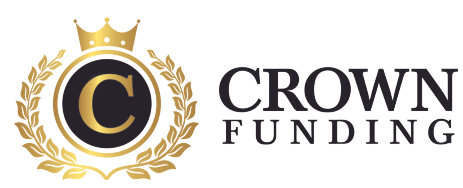
Mortgage Refinancing for Debt Consolidation: Pros and Cons
Mortgage refinancing is a process of paying off your existing mortgage with a new loan that has different terms and features. One of the reasons people choose to refinance their mortgage is to consolidate their debts. By refinancing your mortgage, you can combine your high-interest debts into one lower monthly payment. In this article, we will explore the pros and cons of mortgage refinancing for debt consolidation.
How Does it Work?
Mortgage refinancing for debt consolidation involves paying off high-interest debts, such as credit cards, personal loans, and car loans, with a new mortgage loan. The new mortgage will have a lower interest rate, which will reduce your overall monthly payment. You can choose to refinance your mortgage with either a home equity loan or a cash-out refinance. With a home equity loan, you borrow against the equity in your home, while with a cash-out refinance, you borrow more than your outstanding mortgage balance.
Pros
- Lower Interest Rates: Mortgage refinancing for debt consolidation can lower your interest rates, which can save you money on interest charges.
- Simplified Monthly Payments: By consolidating your debts into one payment, you can simplify your finances and reduce the number of bills you need to pay each month.
- Improved Credit Score: Consolidating your debts can improve your credit score by reducing your overall credit utilization ratio.
- Potential Tax Benefits: If you use a home equity loan for debt consolidation, the interest you pay may be tax-deductible.
Cons
- Longer Repayment Term: This may extend the repayment term, which means you may end up paying more in interest charges over time.
- Higher Total Interest Costs: Although your interest rate may be lower, you may end up paying more in total interest costs over the life of your loan.
- Risk of Foreclosure: If you cannot keep up with your mortgage payments, you may be at risk of foreclosure since your home is used as collateral for the loan.
- Closing Costs: Refinancing your mortgage for debt consolidation may come with closing costs, which can be significant.
Is this option Right for You?
Mortgage refinancing for debt consolidation can be a smart financial move if you have high-interest debts and want to reduce your overall monthly payment. However, it’s important to consider the pros and cons before making a decision. You should also compare the costs and fees associated with refinancing to determine if it’s worth it. Additionally, make sure to shop around and compare offers from different lenders to find the best deal. Ultimately, the decision to refinance your mortgage for debt consolidation should be based on your unique financial situation and goals.
Conclusion:
Mortgage refinancing for debt consolidation can be a useful tool for managing your debts and improving your financial situation. However, it’s important to weigh the pros and cons before making a decision. By understanding the risks and benefits, you can make an informed decision that best fits your needs and goals.
Crown Funding provides debt consolidation mortgage in Surrey, BC. We make the debt consolidation loan approval process easy & smooth. To know More Contact us
